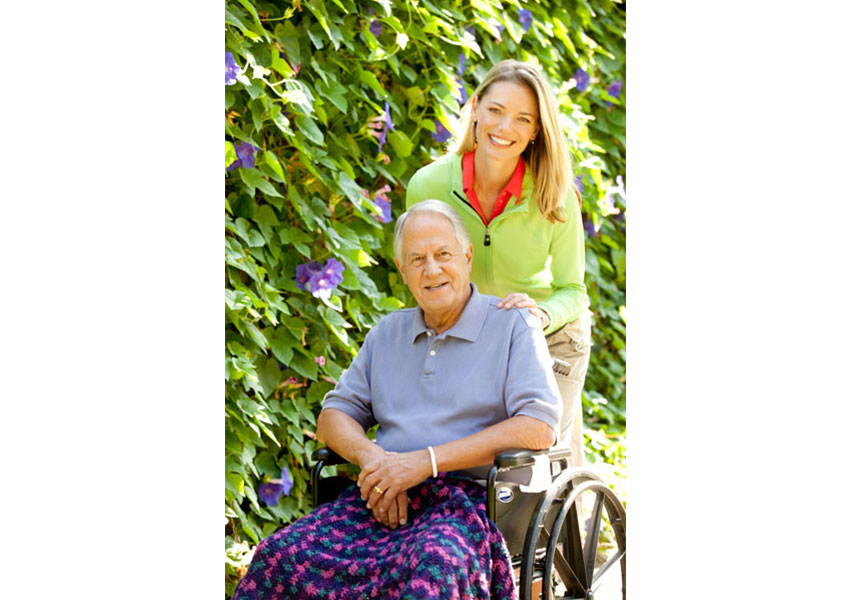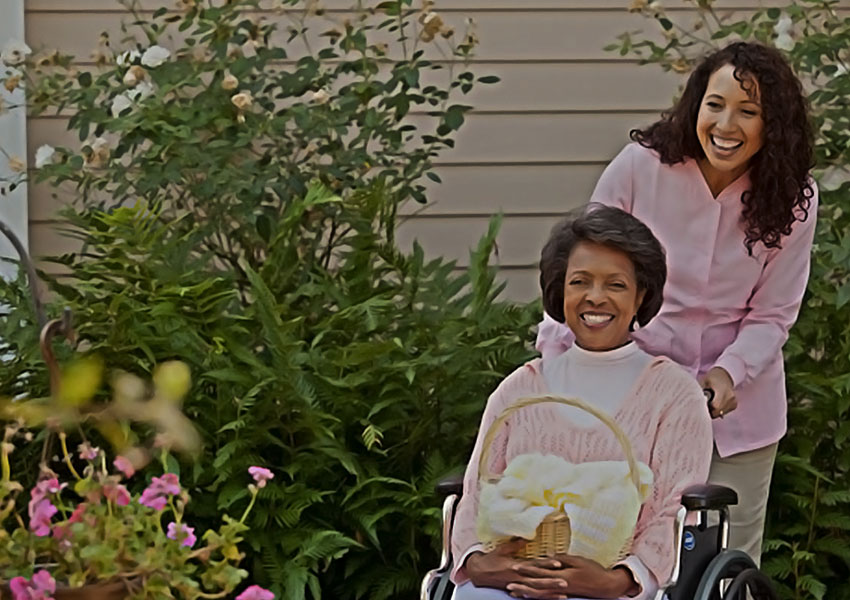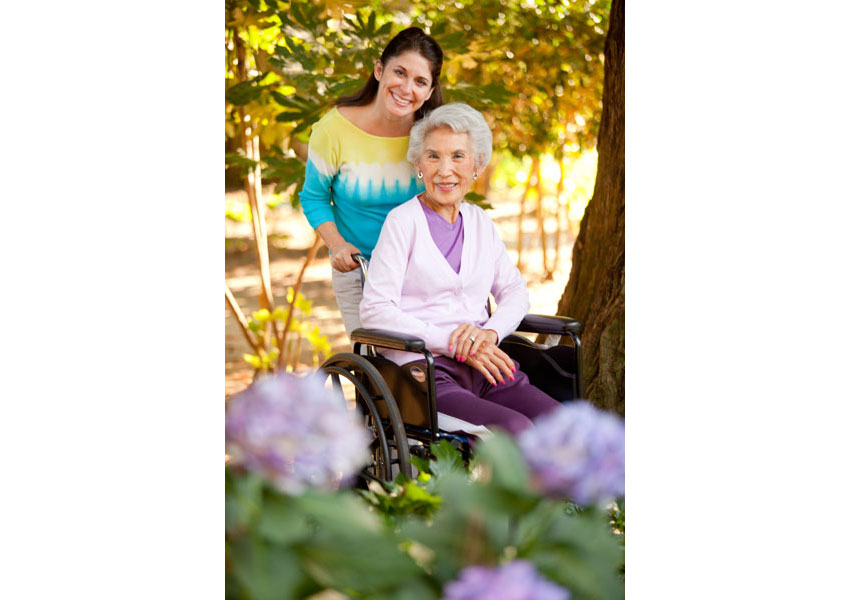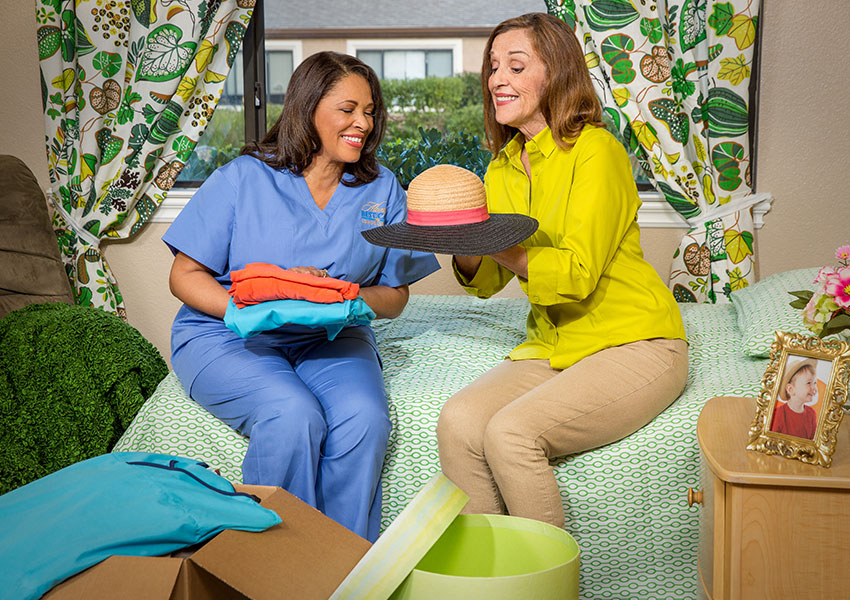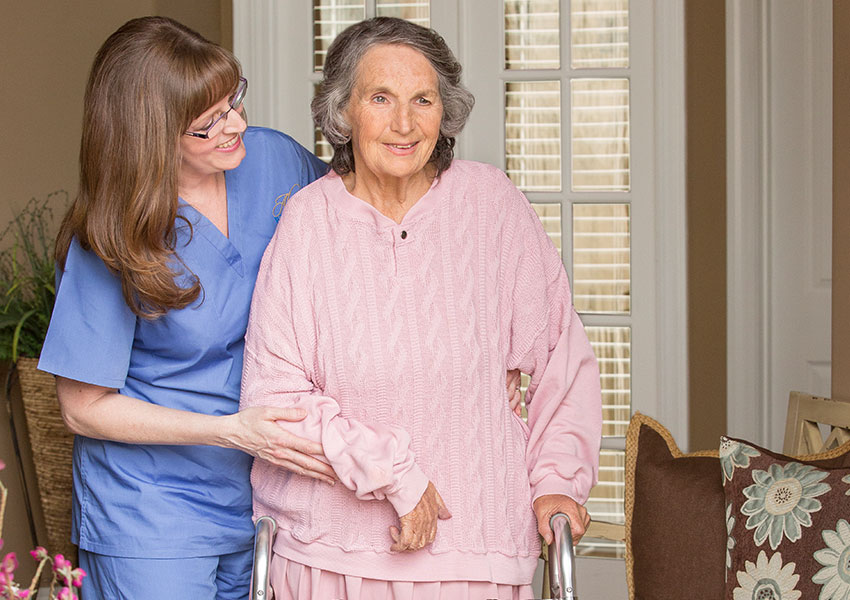Alzheimer’s disease can be a very frustrating condition to watch a loved one experience. There is currently no cure or prevention method. While your aging parent may have some very good days, they may also have times where they are more confused or agitated than usual. This can be tough not only on them, but on you too. Anger and aggression related to Alzheimer’s is one of the most common reasons families seek home care.
Mounting Stress
Caring for a loved one with Alzheimer’s disease or another form of dementia can be incredibly stressful. You want to help and support them as best you can, but when they have trouble communicating their thoughts and needs or they’re acting seemingly irrationally, it can be very frustrating. This can add even more stress to your already busy life trying to care for your own family’s needs as well.
Seeking Support
One of the best things you can do when your aging parent has Alzheimer’s is create a support system. Talk to family and close friends and share the responsibilities of caring for your loved one. Take turns visiting and ensuring their needs are met.
Coordinating in-home care can also be a huge benefit. It can give you a break from caregiving so you can focus on just being a family. Always Best Care’s in-home caregivers are trained in how to work with individuals with Alzheimer’s and provide them with safe, effective care to meet their needs. They can help to de-escalate stressful situations and keep your loved one calmer and more engaged. You can feel more at ease with their ability to continue aging in place knowing that they have the right level of support and all of their care does not fall on your shoulders.
Improving Care
Learning how to cope with anger and aggression related to Alzheimer’s is important. It can help improve your relationship with your loved one while also minimizing stress. Outbursts can happen for a variety of reasons including:
- Confusion
- Frustration
- Inability to effectively communicate thoughts or needs
- Pain
- Anxiety or depression
- Environment (too hot, too cold, too loud, too much activity, too many people, etc.)
Trying to minimize overstimulation and stay calm can help your loved one to do the same. If they do become agitated, respond in a gentle, comforting manner. It may help to distract them with something else, get them to a quieter environment, or reassure them that everything is okay.
Always Best Care continually educates caregivers as well as families on effective ways of dealing with the challenges of Alzheimer’s disease and dementia. They partner with the Alzheimer’s Association on information and resources for understanding behavior and improving communication with seniors who have dementia. While you cannot stop the progression of Alzheimer’s, educating yourself on the disease can help you to better connect with your loved one and understand what they may be going through.
If your aging parent is dealing with Alzheimer’s, get them – and yourself – the support you need through in-home care. In-home care services are tailored to meet your loved one’s unique needs and address the challenges of living with Alzheimer’s disease. Contact Always Best Care today at (855) 470-2273 to schedule your free consultation and find out how in-home care can help.










